“Judge Blair modified the
contempt penalty imposed on Louise to time already served. Detective John
Reeves, eager to inform her that she was free, was surprised when she insisted
on serving the entire seven-day sentence. He hesitantly asked if she would mind
him calling on her, once matters settled, but she did not respond. He
reproached himself for such an untimely and selfish intrusion, and vowed to
never again disturb her, to spend his time instead searching for the man with
the dent in his forehead.”
--From Brimstone
by John Allen
John Allen was born in Long Beach, CA. An engineer “by education, training,
and experience,” he describes himself as “a recovering engineer.” He left engineering to become the junior
partner in Allen & Allen Semiotics Inc., a corporation that his wife, Lynn,
launched for their diversified home business. Their projects include designing
databases for mid-sized companies. John Allen holds a BS from the United States
Air Force Academy, an MS from the University of Southern California, and an MA
from the University of California, Riverside.
Book Description:
Author John Allen has a theory
about the creator of Sherlock Holmes:
Sir Arthur Conan Doyle did not
create Holmes. It was Doyle’s wife, Louise Hawkins Conan Doyle, who gave birth
to the beloved sleuth.
Allen has put his beliefs to the
test, writing and publishing the first of a projected 12-novel series of Holmes
mysteries titled BRIMSTONE. His
detective is Louise Hawkins Conan Doyle, and Allen names her as the author of
the tale he presents, set in 1879 Bristol, England.
In a previous book, SHADOW WOMAN, Allen set out to prove
that Louise was the true creator of Sherlock Holmes. The inspiration for his
startling and controversial theory of authorship was a 1980s essay by Martin
Gardner called “The Irrelevance of Arthur Conan Doyle.” Gardner claimed that
Arthur was “too gullible and to easily duped to have created Sherlock Holmes.”
Allen determined that Gardner was
correct, but Gardner identified no alternative author. Allen continues, “So I
decided to give it a try. I came to suspect Louise as the actual author, but I
lacked the knowledge and tools to make a solid case.”
Then the Internet came along,
giving Allen a valuable research tool. He became convinced that Louise did in
fact create Sherlock Holmes. Allen presented his case in SHADOW WOMAN, which was published in 2017. To further advance
Louise as Holmes’s creator, to give her the credit he believes she is due, he
is now featuring her in a series of mystery novels, the first of which is BRIMSTONE.
As if Allen hadn’t set the bar
too high already, he has added a subtext to BRIMSTONE
that explores contemporary wrongful convictions through his Victorian
thrillers.
BRIMSTONE brims with appeal to multiple audiences, from lovers
of detective stories to those interested in justice for the wrongfully
convicted. Sherlock Holmes would be proud.
Interview:
What’s inside the mind of
a mystery author?
Front and center in my
thoughts, of course, is telling a compelling story. In that regard, I suspect
I'm no different than my colleagues. Beyond that, however, I suspect my
thoughts are unique in substantial fashion.
I'm fairly confident that I'm
the only author writing a mystery series that features the woman who actually
created Sherlock Holmes, presenting to the public in Brimstone even before she met the man who would take credit for her
groundbreaking mystery writing. And I'm equally confident that none of my
colleagues are basing Victorian mysteries on actual wrongful convictions from
today's America.
My thoughts, therefore, are
frequently upon how Louise Conan Doyle might have investigated the wrongful
convictions that I have investigated. Alternatively, my thoughts are on how I
might have investigated my cases had I been a woman in Victoria England. Either
way, the thoughts can literally cause me to lose sleep.
What is so great about
being an author?
I've written five
non-fictional books, four on wrongful convictions and one on Louise's
authorship of Sherlock Holmes. (That last book, by the way, is called Shadow Woman: The True Creator of Sherlock
Holmes, and it is available on Amazon.) Brimstone
is my first work of non-fiction, and the first book of twelve planned for the
Louise Conan Doyle Mystery Series. Each book in the series combines my insight
into the Holmes authorship issue with my insight into the sordid world of
wrongful convictions.
I find that I prefer writing
fiction, particularly when the story takes control of me, rather than vice
versa. Those are the magical times when my writing is at its best, when even I
am surprised to read what I'm writing, when the characters use my fingers to
convert their thoughts and dreams to pixels on my screen. That is just one
great aspect about being an author.
When do you hate it?
As I just noted, I frequently
find writing non-fiction to be a slog. The writing becomes something that I
need to do rather than something I want to do. That's when I most dislike
writing.
What is a regular writing
day like for you?
On an idealized day, my
fingers are on the keyboard by 8, and they are busy writing of Louise solving
mysteries in Victorian England until noon. During lunch, I'll research or watch
a documentary, except on Wednesdays, which is date day with Lynn, my wife of 22
years. After lunch, I research and write to free innocent people, most of that
writing never being made public. Lynn and I spend the evenings together, giving
each other our attention. Approaching midnight, my thoughts are back to my
writing. I fall asleep with plot twist or legal theories rattling around in my
head, and I sometimes wake up with encouraging new thoughts.
That's an idealized day. Real
life, though, manages to intrude so frequently and in such unexpected fashion
that no day is typical.
How do you handle negative
reviews?
Since I spent many years
arguing, on my Skeptical Juror blog, that specific convicted murderers are
actually innocent, it should come as no surprise that I have been subjected to
harsh criticism. I know that my work is controversial and disruptive, and I
know that it will engender negative reviews and comments. The more unhinged the
comment or review, the easier it is to laugh it off. The more thoughtful and
insightful the review, the more likely it is to cause me to think about my
work, to try harder to get things right.
How do you handle positive
reviews?
Being human, I much prefer
the positive reviews to the negative. After the initial flush of satisfaction,
which may last longer than I'd like to admit, I get back to work.
What is the usual response
when you tell a new acquaintance that you’re an author?
I find that the new
acquaintance is not as impressed as one might hope, more honestly as I might
hope. Even if provided a copy of an impressive non-fictional book, any
excitement seems feigned. However, having recently published my first fictional
work, people seem sincerely excited about Brimstone,
and seem sincerely thrilled if handed a print copy.
The difference in behavior is
discernable and remarkable. I guess it's not surprising that people, in
general, prefer a diversion from reality rather that another harsh glare of it.
What do you do on those
days you don’t feel like writing? Do you force it or take a break?
I have a hypothesis that
writers don't actually like to write. They like everything else that goes with
being a writer: the prestige, the allure, the interview as they sit in a
wingback chair, smoking a pipe, an impressive library at their back, an Irish
Setter at their feet. The sole evidence for my hypothesis is that nearly every
writer has some scheme to force herself or himself to write. Nearly every one
of them has some thought on how to, using an indelicate term of art, get ass in
seat. For me, I find it best to have a scheduled time for AIS. That's the
hardest part. By my first carriage return, I'm in the groove.
It's rare when I don't want
to dive into my Louise writing. It's much more common that circumstances
prevent me from doing so.
Any writing quirks?
I like to have a nice cool
glass of diet Mt. Dew, on the rocks, at the ready, on my left hand side, in the
same beat up, battered, plastic glass I've so long used. Does that count as a
quirk?
What would you do if
people around you didn’t take your writing seriously or see it as a hobby?
Since I believe in what I'm
trying to accomplish, to bring long overdue credit to Louise Conan Doyle and
free innocent people from prison, I would continue to write with the hope and
expectation that some day my work will take hold.
Some authors seem to have
a love-hate relationship to writing. Can you relate?
Yes, assuming love-hate is
used in the metaphorical rather than literal sense. I much prefer fiction to
non-fiction. With respect to my non-fiction writing, I like that I'm trying to
set right a terrible wrong, but I dislike the circumstances that force me to
write of such matters. With respect to Louise Conan Doyle, it is more of a
love-love relationship, in the metaphorical sense. I have become quite fond of
her. I hold her in exceptionally high regard for her achievements and her
character, and I am feel honored to bring her to the public consciousness.
Do you think success as an
author must be linked to money?
If, through my writing, I can
stop the execution of an innocent person, or free an innocent person from
prison, or keep an innocent person from being convicted, then I am successful,
even if no one in the general public has read a single word I've written, even
if I've not earned a penny.
With the Louise Conan Doyle
Mystery Series, on the other hand, I have recruited Louise to help me bring attention
to a few of the wrongful convictions. For the two of us, Louise and I working
together, success means public attention, and that means sales, and that is
linked to money. The money would, of course, be wonderful, but it is far from
the end all.
What has writing taught
you?
Everyone is capable of both
wonderful and horrible acts.
Leave us with some words
of wisdom.


















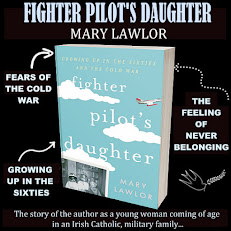



































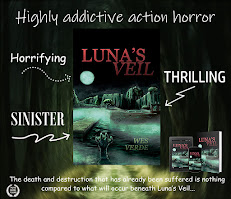
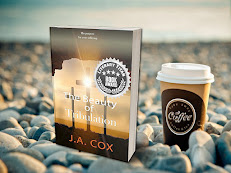








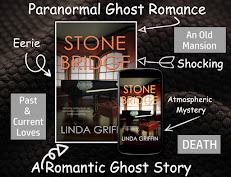
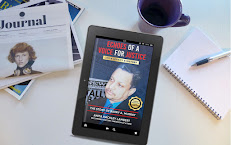



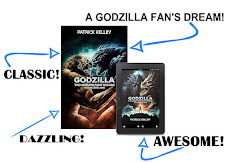
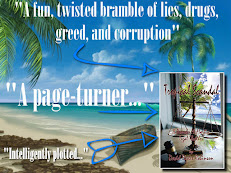

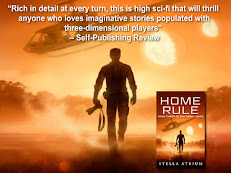


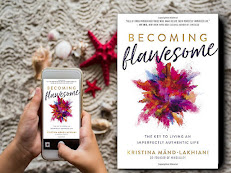
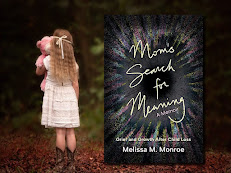
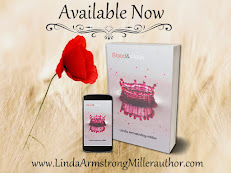


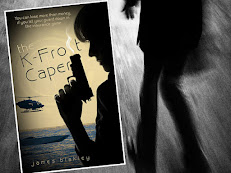
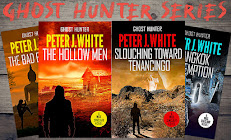
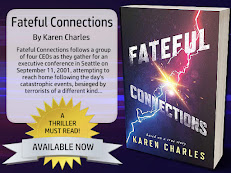
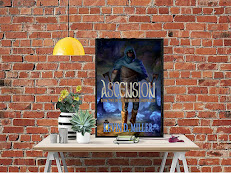






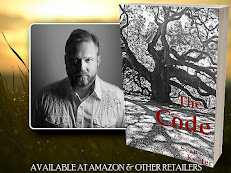
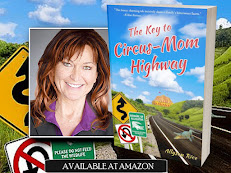
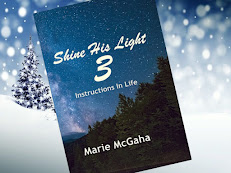
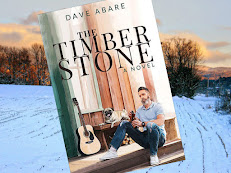
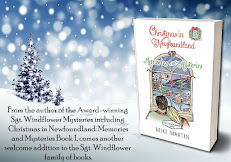
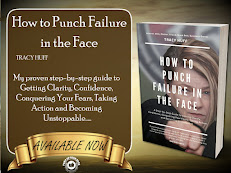
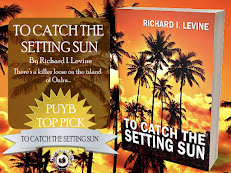
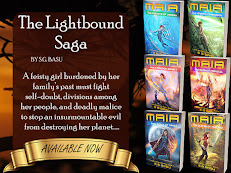
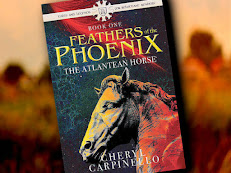
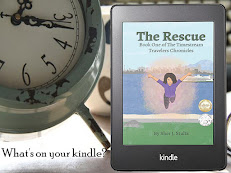

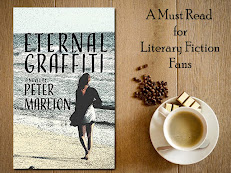
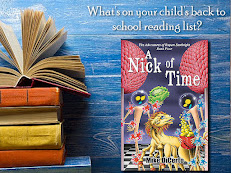
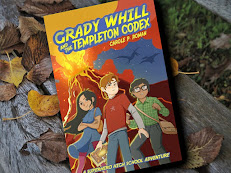
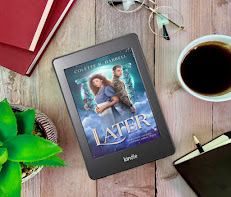

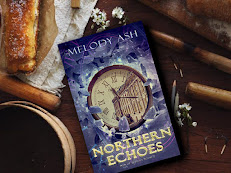

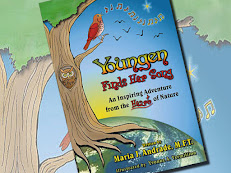

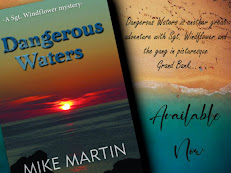


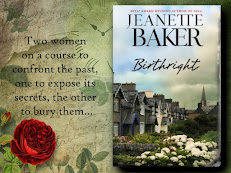
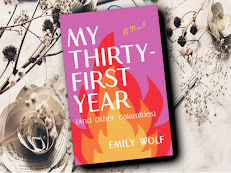
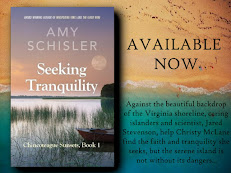
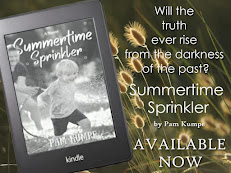

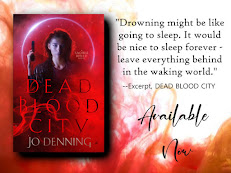
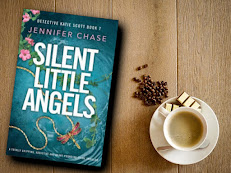

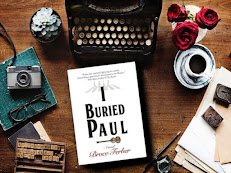
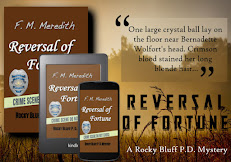
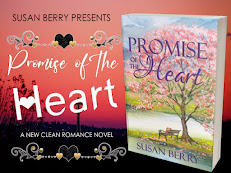

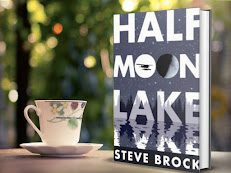

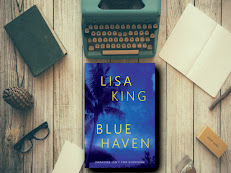

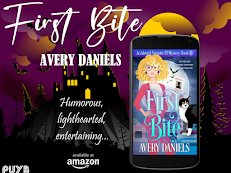

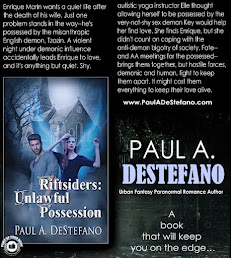

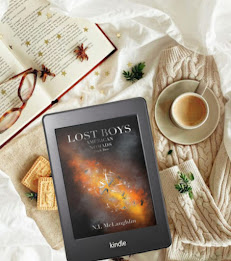



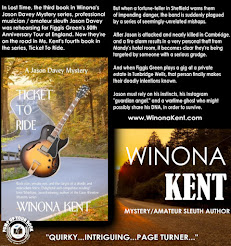

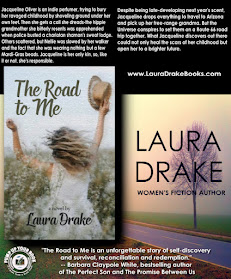



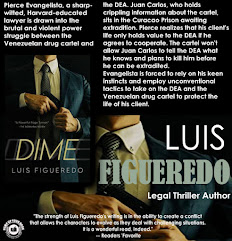























No comments:
Post a Comment